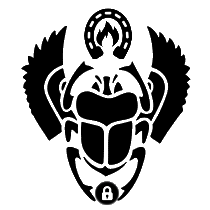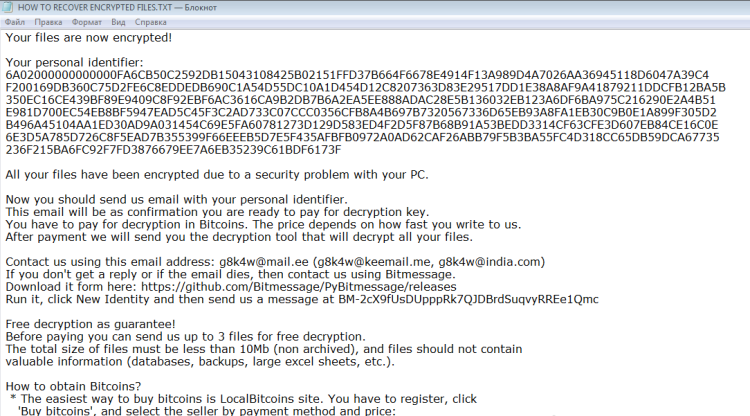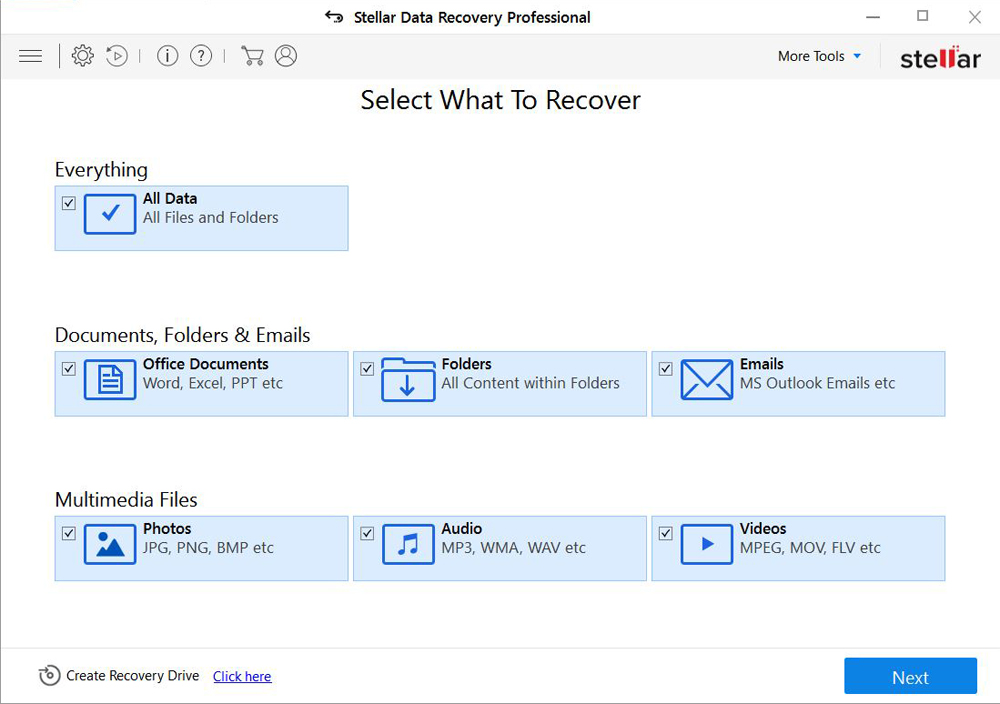What is Gefest 3.0 Ransomware?

Gefest 3.0 Ransomware is another version of Scarab ransomware family. This virus may put strong encryption on victim’s personal files like photo, video and text files with documents. As a rule, it spreads with the help of fake email messages with attached malicious files. After infection, all your sensitive files will become unavailable. Cybercriminals encourage people to pay ransom in exchange for data retrieve that way. Nonetheless, we urgently advise you not to contact them and especially to make any concessions. Remember, you are dealing with fraudsters who don’t care about your files and whose the main purpose is to make a profit. Hence, there is a high risk of being left without decryptor and money. Instead, you may try using this guide to remove Gefest 3.0 Ransomware and decrypt .GEFEST files without spending any money.

The principle of work of the ransomware is always the same – to encrypt files and then to require payment. Gefest 3.0 Ransomware encodes users’ personal files via AES encryption algorithm. All infected files will be appended with .GEFEST extension. For example, file “myfamily.jpg” will turn into “myfamily.GEFEST”. Upon completion, it creates a ransom note (HOW TO RECOVER ENCRYPTED FILES.TXT) that contains instructions from criminals to decrypt encrypted files:
GEFEST 3.0 RANSOMWARE
Your files has been encrypted using RSA2048 algorithm with unique public-key stored on your PC.
There is only one way to get your files back: contact with us, pay, and get decryptor software.
We accept Bitcoin, and other cryptocurrencies, you can find exchangers on bestbitcoinexchange.io
You have unique idkey , write it in letter when contact with us.
Also you can decrypt 1 file for test, its guarantee what we can decrypt your files.
Attention!
Do not rename encrypted files.
Do not try to decrypt your data using third party software, it may cause permanent data loss.
Contact information:
primary email: mrpeterson@cock.li
reserve email: debora2019@airmail.cc
Your unique idkey:
+4IAAAAAAAAU0+K0H***UPnm8MToAQ
Although Gefest 3.0 is a really dangerous virus, you still have a good chance to get them back. Before deciphering, you should first stay focused on removing Gefest 3.0 Ransomware to avoid re-infection. Once Gefest 3.0 Ransomware is removed, you can proceed with decryption. Both automatic and manual solution is presented here that we hope will help you remove Gefest 3.0 Ransomware and recover your files.
How Gefest 3.0 ransomware gets on your PC?
This type of virus can be infiltrated through several methods, including freeware software, spam messages, trojans, software from dangerous sources, etc. A process of installation can start hidden and automatically. Besides that, some malware programs can mark Gefest 3.0 Ransomware as a trusted software program.
How to remove Gefest 3.0 ransomware?
To make sure that the ransomware won’t reappear, you need to delete Gefest 3.0 ransomware completely. For this, you need to remove the files and registry entries of the ransomware. We should warn you that performing some of the steps may require above-average skills, so if you don’t feel experienced enough, you may apply to the automatic removal tool.
Performing an antimalware scan with Norton would automatically search out and delete all elements related to Gefest 3.0 ransomware. It is not only the easiest way to eliminate Gefest 3.0 ransomware but also the safest and the most assuring one.
How to decrypt .GEFEST files
Restore files with Stellar Data Recovery
Stellar Data Recovery is an essential tool in the fight against ransomware-type viruses that can recover encrypted files.

- Download Stellar Data Recovery and launch it
- Select the drive you want to recover and click START SCAN
- After scanning is finished, you are presented with a list of recoverable files found.
- Select the required files and click the Recover
Decrypt files using our decryption service
You may try using our own service for decrypting files compromised by ransomware-type viruses. The analysis of data takes 3-5 days, after which, we will let you know whether it’s decryptable or not. Note: the service is paid, payment is charged only for decryption, the analysis is free. In order to use our service, you should fill out the form listed below.
Also, please add a log file, created on your PC:
- Click “Start” and type: “cmd.exe” in the search box
- Right-click “cmd.exe” and select “Run as administrator“
- In command line, type or copy/paste following: dir C:\ /a/s > “%userprofile%\dirc.log”
- Find and attach the created “%userprofile%\dirc.log” file to the web form
Please attach encrypted text files according to the following conditions:
- number of files should not exceed 4;
- file size is not more than 8 megabytes;
- files must be from different folders;
- files must be unique.
Restore the system
- Initiate the search for system restore
- Click on the result
- Choose the date before the infection appearance
- Follow the on-screen instructions
Roll the files back to the previous version
- Right-click the file and choose Properties
- Open the Previous Version tab
- Select the latest version and click Copy
- Click Restore
If the above-mentioned methods didn’t help in eliminating the threat, then it’s better to rely on an automatic way of deleting Gefest 3.0 Ransomware.
How to prevent ransomware infection
To prevent infection with ransomware-type viruses, you should have proper antimalware software. This method is convenient because it allows you to detect a virus before it penetrates, and therefore to avoid infection and the loss of all your data. It is capable of protecting not only home computers but also server systems in large organizations. Download antimalware program to secure your system and privacy.




